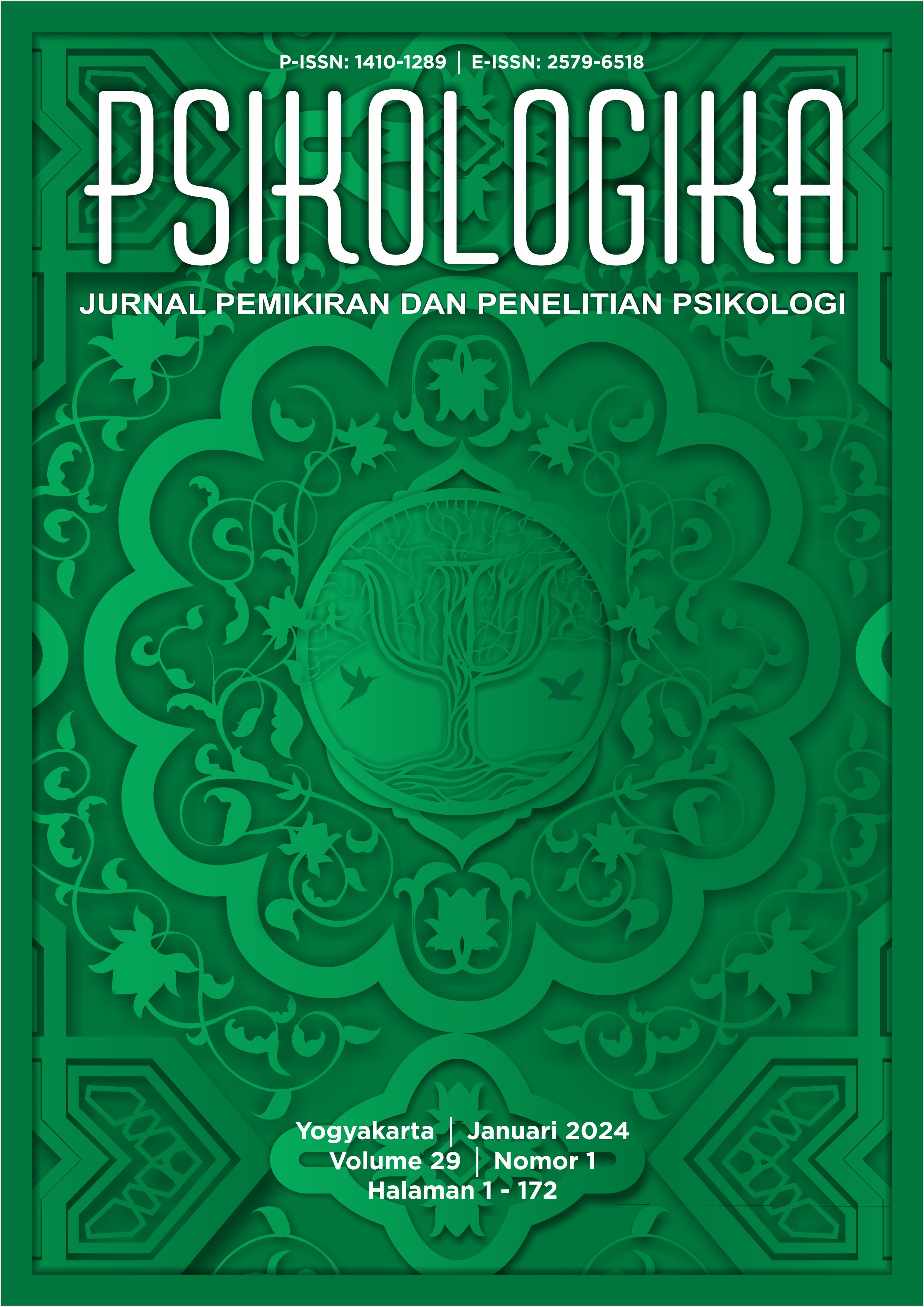Main Article Content
Abstract
Academic cheating is a prevalent occurrence in educational settings, having an adverse effect on both students and institutions. Therefore, this research aimed to elucidate the impact of peer conformity on academic cheating, considering the mediating factors of goal orientation and self efficacy. It focused on vocational high school students, with 477 participants selected using a purposive sampling approach. Structural Equation Modeling (SEM) was adopted for data analysis. The analysis used an established scale for academic cheating, goal orientation, and self-efficacy scales, while peer conformity scale was developed by the analysts. The results showed that there was (1) a significant correlation between peer conformity and goal orientation, (2) a positive association between peer conformity and academic cheating, (3) an influence of goal orientation on academic cheating, and (4) peer conformity indirect impact on academic cheating through mastery approach. However, no indirect effect through performance avoidance, and an indirect influence through performance approach. Further implications of the results were presented in the discussion section.
Keywords
Article Details
Copyright (c) 2024 Arif Sahin, Sugiyo, Sunawan

This work is licensed under a Creative Commons Attribution-ShareAlike 4.0 International License.
Authors who publish with this journal agree to the following terms:
- Authors retain copyright and grant the journal right of first publication with the work simultaneously licensed under a Creative Commons Attribution-ShareAlike 4.0 International License that allows others to share the work with an acknowledgment of the work's authorship and initial publication in this journal.
- Authors are able to enter into separate, additional contractual arrangements for the non-exclusive distribution of the journal's published version of the work (e.g., post it to an institutional repository or publish it in a book), with an acknowledgment of its initial publication in this journal.
- Authors are permitted and encouraged to post their work online (e.g., in institutional repositories or on their website) prior to and during the submission process, as it can lead to productive exchanges, as well as earlier and greater citation of published work (See The Effect of Open Access).




